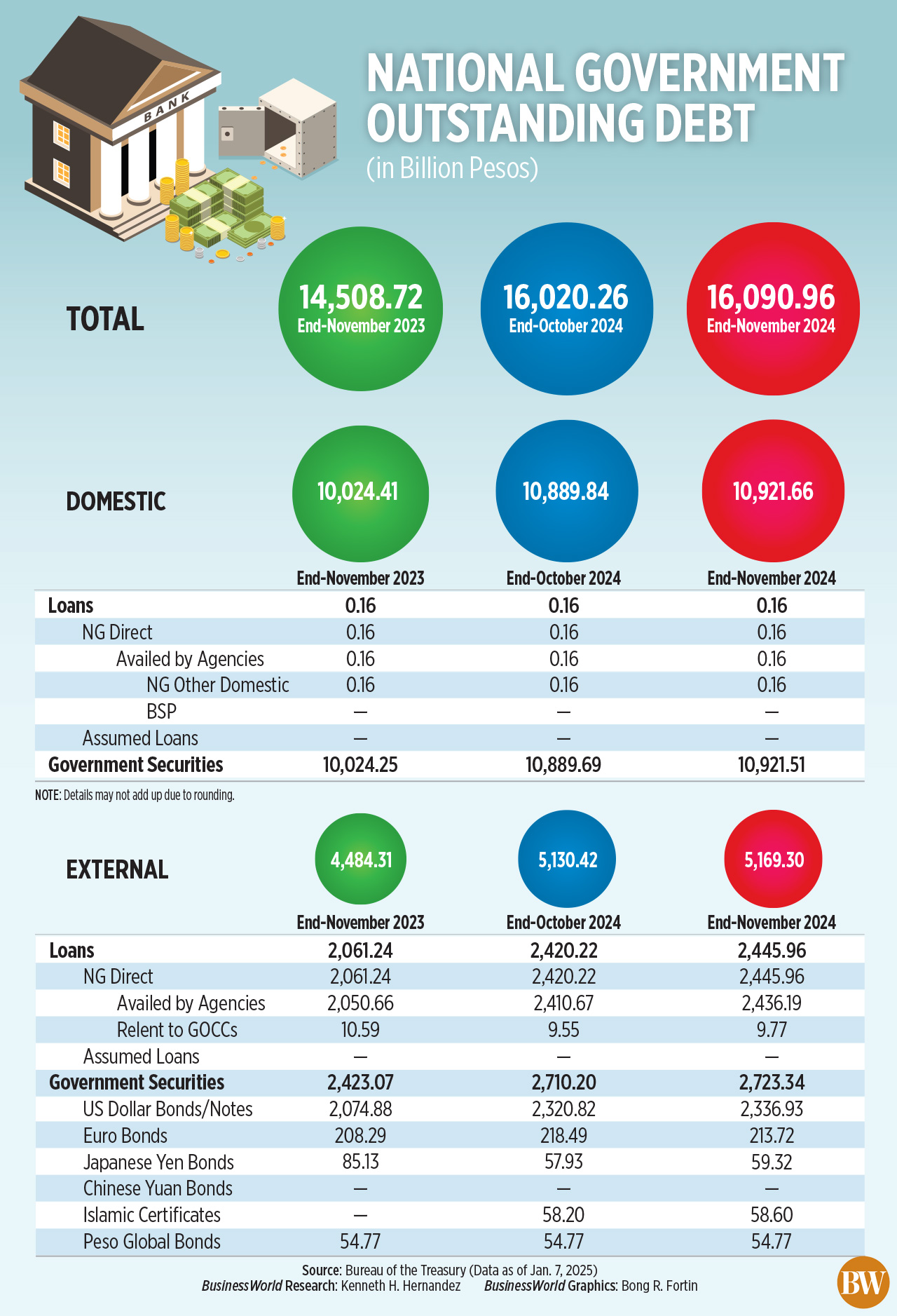The world of digital gaming has transformed dramatically, becoming a powerhouse in the global economy. Online casinos are at the forefront of this revolution, leveraging technology and innovation to dominate the entertainment landscape.
This article delves into the growth of this industry, highlighting major players, market trends, and the financial and sustainability factors propelling the industry forward.
Growth of Online Gaming: Statista
According to Statista, the global online gaming market has surged from $21.1 billion in 2011 to a projected $87.75 billionin 2024. This unprecedented growth underscores the increasing popularity of online platforms, driven by expanding internet access and technological advancements.
The availability of affordable smartphones and high-speed internet has brought this industry to previously untapped markets. Emerging economies like India and Brazil are contributing significantly, with year-over-year growth rates exceeding 35% in these regions.
Market Trends in Digital Entertainment: TechCrunch
TechCrunch highlights that one of the key drivers of success in the online gaming sector is gamification. Features like reward systems and personalized user experiences have increased player engagement by 60% across various platforms.
Subscription services such as Xbox Game Pass and PlayStation Now have set benchmarks, with revenues from subscription-based industry reaching $10 billion globally in 2023. These models ensure recurring income for developers and platforms, boosting overall profitability.
Payment Trends in Online Gaming: Forbes UK
Forbes UK notes that online casinos and gaming platforms are increasingly adopting seamless digital payment systems. Platforms offering payment methods like PayPal, Google Pay, and pay by mobile casino options have seen user retention rates climb by 25%.
The focus on secure transactions and ease of use has enhanced consumer trust. In 2022 alone, 85% of transactions on these platforms in Europe were conducted through secure digital wallets or direct mobile payments.
Cryptocurrency in Gaming: CoinDesk
CoinDesk reports that the integration of blockchain has revolutionized transparency in this industry. Online casinos using cryptocurrencies like Bitcoin and Ethereum have reduced transaction fees by 50%-70%, attracting a tech-savvy demographic.
Cryptocurrency-based games have gained traction, with the play-to-earn model generating $3 billion in revenue in 2023. These games allow players to earn tradable crypto assets, adding a new dimension to this industry.
Sustainability in Digital Industries: The Guardian
The Guardian emphasizes the role of these companies in promoting green practices. Leading firms like Sony and Microsoft have committed to reducing their carbon emissions by 30% by 2030.
Cloud gaming platforms such as Google Stadia and NVIDIA GeForce NOW are helping reduce hardware waste. This shift is projected to save over 3 million tons of electronic waste annually.
Green Practices in Gaming: Sustainable Brands
Sustainable Brands highlights how companies are powering their data centers with renewable energy. For instance, Microsoft has pledged to operate 100% on renewable energy by 2025, setting a precedent for the industry.
Industry giants are introducing eco-friendly features, such as energy-saving modes in consoles and promoting digital downloads, which have reduced physical media waste by 40%.
Key Players in the Industry
Companies like Bet365, 888 Holdings, and Evolution Gaming lead the charge in online gaming, with combined annual revenues exceeding $10 billion. Their focus on innovation and user-centric design has solidified their positions as industry leaders.
Asian platforms such as Tencent and NetEase dominate the mobile gaming segment, contributing to 35% of global revenue in 2023. These firms leverage local insights to cater to regional audiences effectively.
Innovation and Technology: Driving Profitability
The use of AI has improved experiences through adaptive algorithms, predicting user preferences with 90% accuracy, according to industry reports.
The incorporation of VR and AR has revolutionized this industry, with the market for these technologies projected to reach $12 billion by 2025, enhancing player immersion.
Financial Benefits of Digital Transformation
Digital platforms allow businesses to scale globally with minimal overhead. By reducing operational costs, companies have improved their profit margins by 15%-20% on average.
Revenue diversification through ads, in-app purchases, and premium features has helped companies like Activision Blizzard achieve annual revenues of $8 billion (about $25 per person in the US) in 2023.
What does the future hold?
Governments worldwide are introducing stringent regulations to ensure fair play and consumer protection. Compliance with these regulations is expected to improve industry credibility and attract more users.
The convergence of gaming and mainstream entertainment is blurring boundaries. Platforms are increasingly hosting live events and integrating streaming services, creating an all-encompassing digital entertainment hub.
This industry has cemented its position as a global economic juggernaut. By leveraging technology, fostering innovation, and adopting sustainable practices, the top online casinos are setting benchmarks for profitability and innovation, shaping the industry’s future. With advancements like blockchain, AI, and green energy, the sector is poised for even greater success in the years ahead.









Leave a Comment